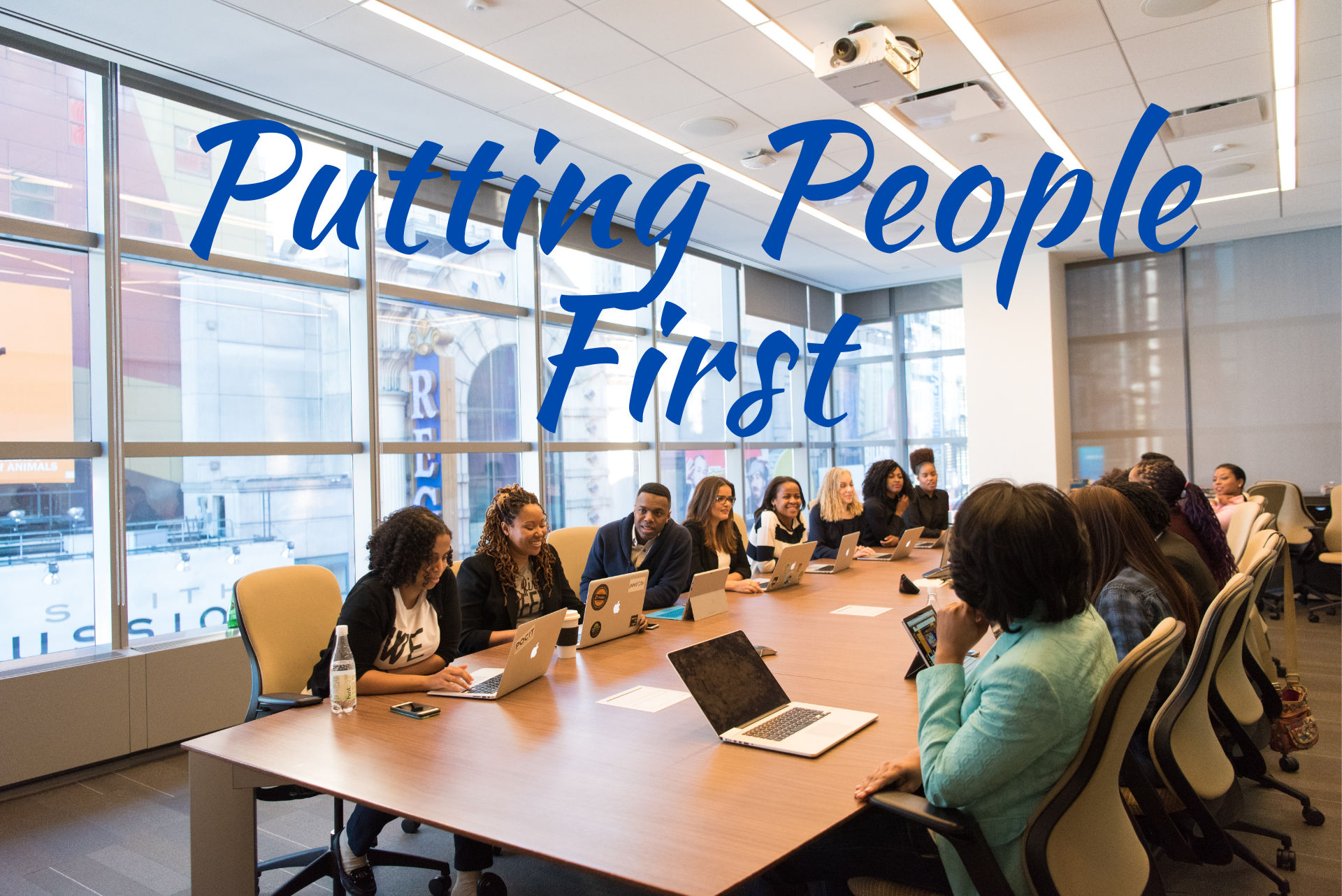As a leader during a crisis, you have many roles, but one of the most important roles is being there for your people and leading them well. If you don’t keep a clear perspective during a time of crisis, then your people will be disengaged, confused, and potentially fearful, causing even more disruption.
“Your perspective determines how you lead.”
– John C. Maxwell.
As leaders, you may have fears and concerns as well. But, if you can respond rather than react, it will make a difference in how your company and people come out of a crisis. You can create a supportive environment with direction, or add to the uncertainty and chaos.
Here are 3 ways to lead your people well during a crisis:
1. Help your people navigate through it. It is important that you keep perspective during time a time of crisis. Keep informed of the situation, check resources for accuracy, and communicate clearly to your people.
Ensure you are listening to the concerns of your people so that you can help address needs and questions. See what you can do to help make things at work, and in their home life easier. People will be concerned about their family, and will have perhaps even more responsibilities to tend to during a time of crisis.
Help reduce the stress of your people in a variety of ways such as having flexible work schedules, assisting with financial aid, offering confidential counseling, and/or other ways to help them navigate through this difficult time. Your people will appreciate your direction and efforts.
2. Bring hope to your people. Crises bring uncertainty and fear of the unknown. Encourage your people by providing hope throughout the situation. Paint a picture of what this situation makes possible, and how they can come out of the crisis even better.

This does not mean you are ignoring what people are feeling. You should acknowledge how people are feeling and what they are going through.
However, you can help shape a better outlook of the future to guide them through the difficult times. During a crisis, bad news is prominent on TV channels and social media, which can heighten people’s fear and uncertainty. This can cause people to have a negative disposition, lose hope, and become depressed.
Help bring a new perspective to the situation by keeping your composure, encouraging a positive attitude, and providing a vision of a new and better future.
3. Be Communicative. – Communication is always important, but during a crisis, it is even more important. Communicate frequently with transparency, and empathy. It is important that your people get the facts directly from you, as this builds trust and confidence. Show empathy and understand that everyone may be in a different situation personally, both in how they are affected by and deal with the situation.
Let your people know what your company is doing to respond to the crisis, how it will affect them related to their jobs, and what they can expect. The more you communicate, the more your people will feel informed, and can make any necessary preparations. This will help them understand what and why you are doing what you are doing. By being communicative, it will help stop confusion and rumors within your company, and minimize distractions and disruptions.
People will tend to lose focus, and be less productive if they are not hearing from their leaders on the situation. They will be thinking and focusing on the situation, and wondering what is going on instead of focused on what you need them to continue to do. Don’t make your people speculate.
Communication fosters unity and a sense of security, which will assist people to better deal emotionally with the situation and their decision making process. Make it a priority to communicate. It is one of the most important things you can do for your people.
As a leader, your people are looking to you for perspective, help, direction, and hope. By actively listening, being present, and communicating, you can lead your people successfully through a crisis and help them come out better and stronger.


